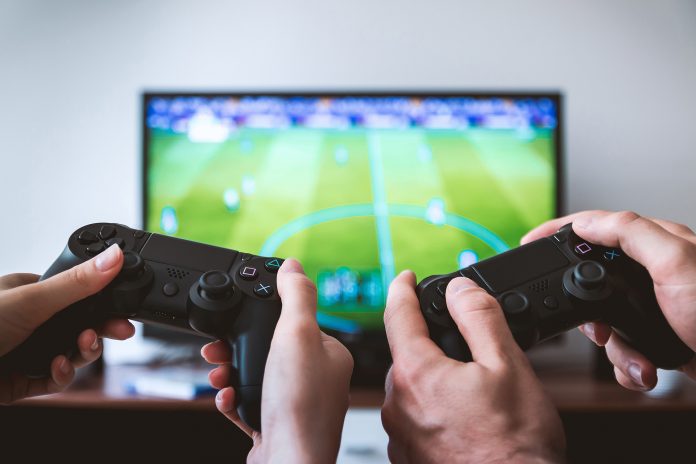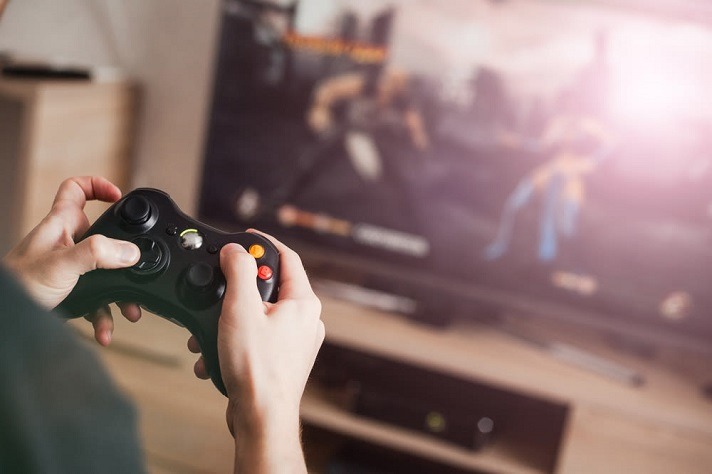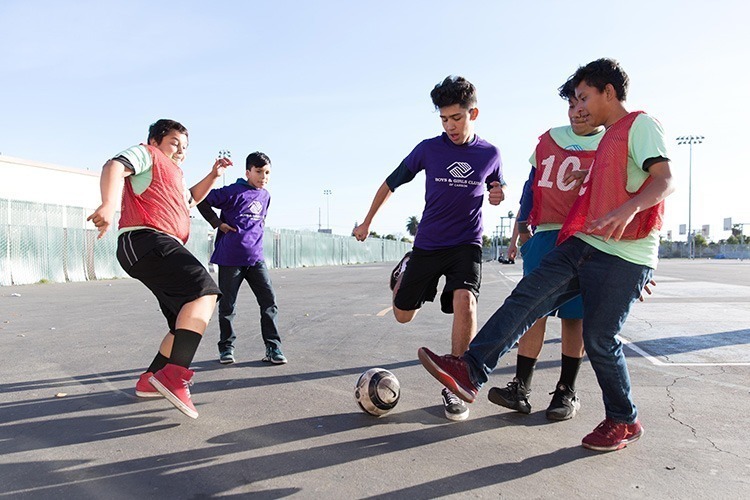Posts Tagged ‘screen time’
Study finds that playing videogames may be more cognitively beneficial for children than other forms of screentime (social media, watching videos/ TV)
Many parents feel guilty when their children play video games for hours on end. Some even worry it could make their children less clever. And, indeed, that’s a topic scientists have clashed over for years. In our new study, we investigated how video games affect the minds of children, interviewing and testing more than 5,000 children…
Read MoreCanadian study finds causal link between time playing videogames at age 12 and ADHD symptoms at age 13
Recent studies have linked screen time — including video game play — to concerning outcomes in children, including low self-esteem, low life satisfaction, and depressive symptoms. Screen time has also been found to be correlated with symptoms of ADHD in children and adolescents, even when earlier attention difficulties are taken into account. These findings suggest…
Read MoreOn physical activity, neuroplasticity, depression, screen time, neuromodulation and more
Welcome to a new edition of SharpBrains’ e‑newsletter, featuring this time eight scientific reports and industry resources plus a few fun brain teasers. #1. Study finds ultimate hack to protect teen brains from harmful screen time: Exercise (and good role-modeling): “Girls who spent less than an hour on screens and boys who spent less than…
Read MoreStudy finds ultimate hack to protect teen brains from harmful screen time: Exercise (and good role-modeling)
Recently, the Wall Street Journal ran an article about how Instagram was affecting teen mental health. In particular, some internal studies at Facebook (which owns Instagram) appeared to confirm that when teen girls used the site, they suffered poorer body image and were at increased risk for depression and eating disorders. But is social media…
Read MoreLarge NIH study to collect and share data on the impact on kids’ brains of screen time and other social, behavioral, physical and environmental factors
NIH Study Probes Impact of Heavy Screen Time on Young Brains (Bloomberg): “Brain scans of adolescents who are heavy users of smartphones, tablets and video games look different from those of less active screen users, preliminary results from an ongoing study funded by the National Institutes of Health show
Read MoreUpdate: Only 5% of US children ages 8–11 follow guidelines recommended for brain development
___ Dear reader, Time for SharpBrains monthly e‑newsletter, discussing the latest innovations for brain health and mental health, and opening in this occasion with an important wake-up call. New research: Only 5% of US children ages 8–11 follow screen time, sleep and exercise guidelines recommended for brain development Neurofeedback or medication to treat ADHD? New study reinforces…
Read More





